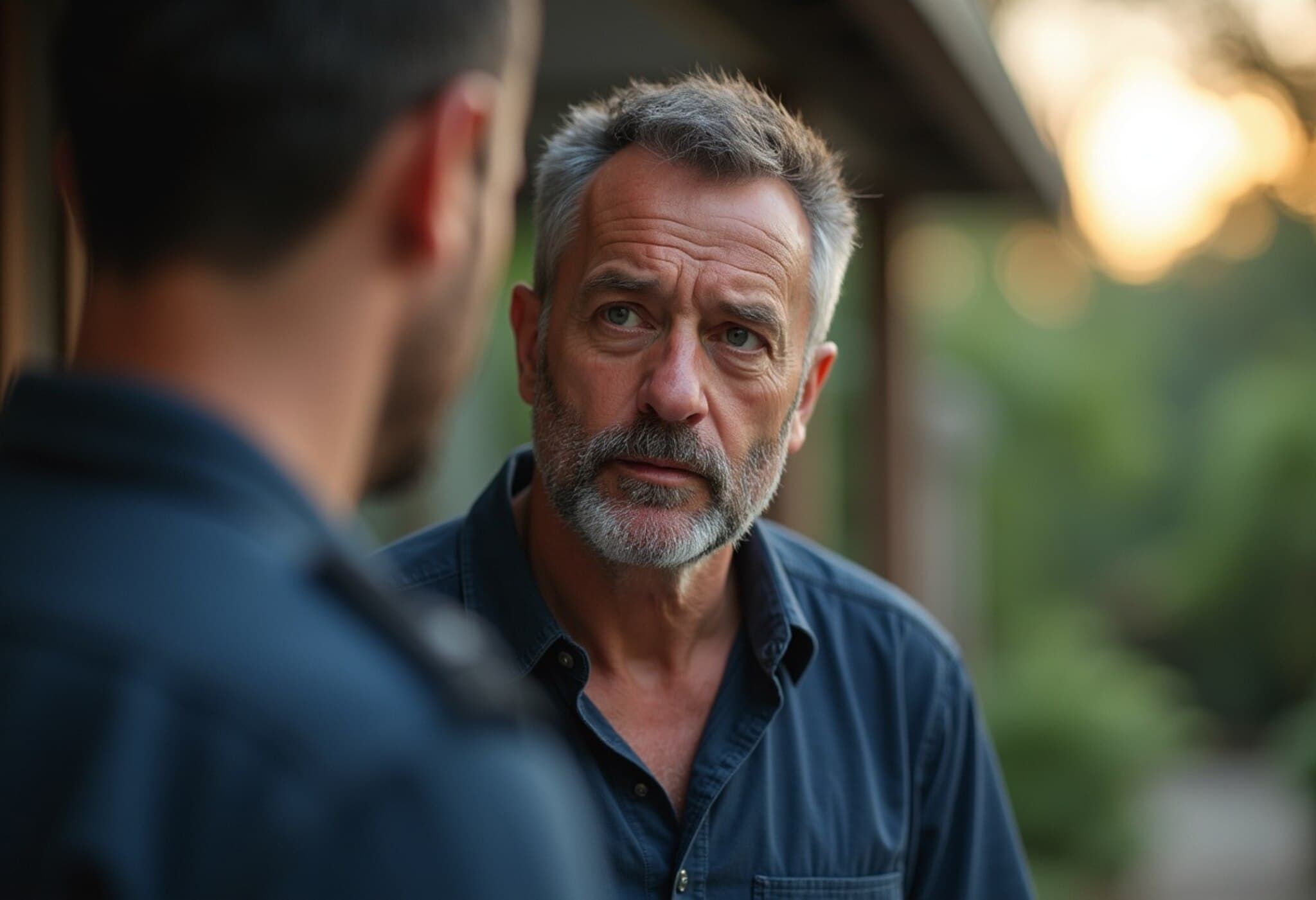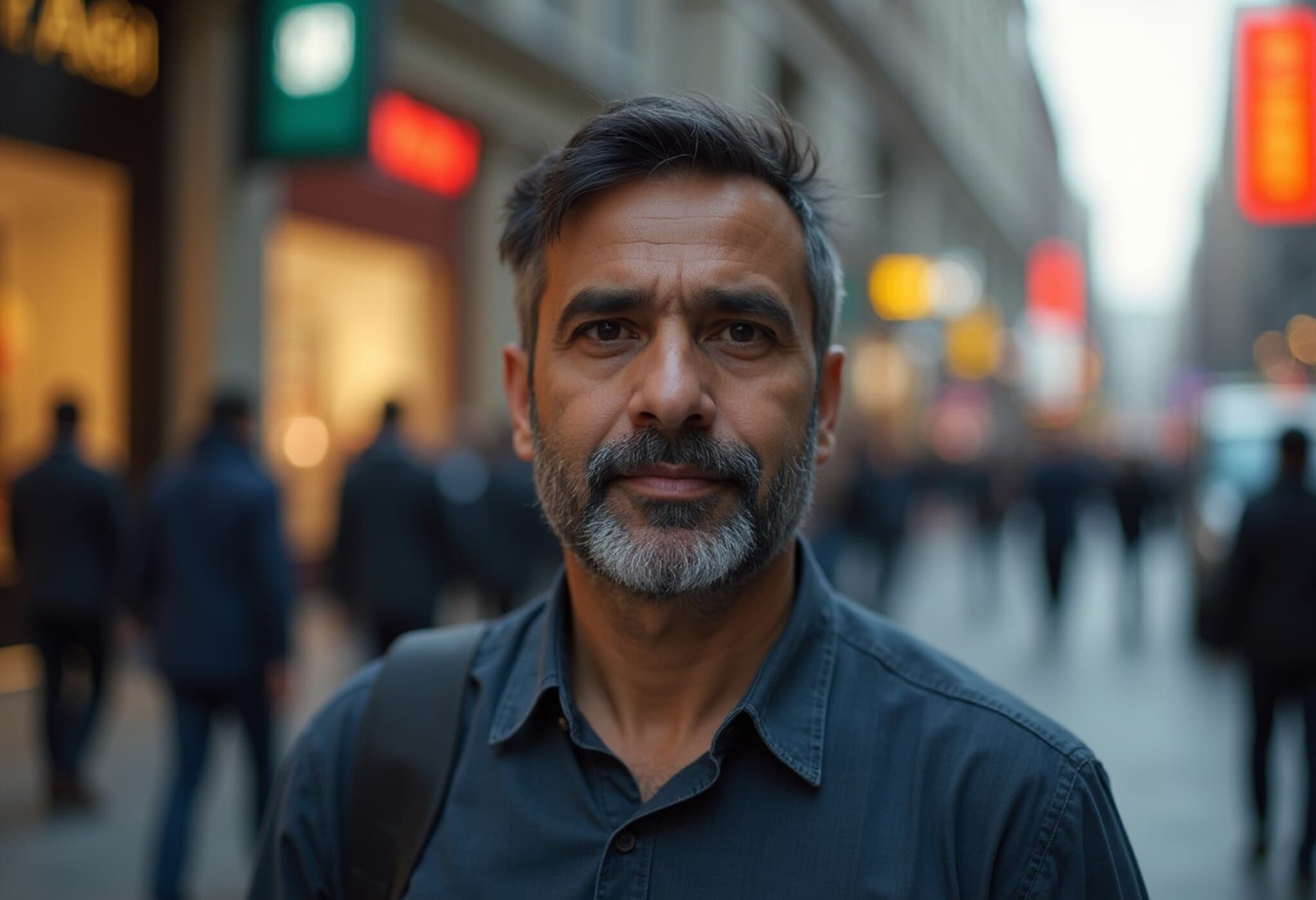Sydney Plumber Faces Death Penalty in Bali Murder Case: Claims He Was Only Helping a Friend
In a deeply troubling case unfolding in Bali, 27-year-old Sydney plumber Darcy Jenson stands accused of orchestrating an execution-style killing that has shocked both Australian and Indonesian communities. The victim, Melbourne man Zivan “Stipe” Radmanovic, was fatally shot in a luxury villa on the Indonesian holiday island in June. Despite the gravity of the charges, Jenson's defense team insists he was merely assisting a friend and is not the mastermind behind the crime.
Allegations and Arrest Details
Bali police allege that Jenson was central to the murder plot: he is accused of scouting out the crime scene weeks before the attack and coordinating the rental vehicles used during the operation. Authorities suggest he purchased a hammer used to break into the villa and disposed of weapons used by two co-accused Australians: Mevlut Coskun and Paea I Middlemore Tupou.
Images from a recent police re-enactment show the accused men—each shackled and labeled as suspects—being led through the crime scenes. The re-enactment, based on witness statements, CCTV footage, and forensic evidence, sought to piece together the harrowing events from June 14.
Defense Narrative: ‘Just Helping a Friend’
Jenson’s lawyer, Katharina Nutz, paints a markedly different picture. Describing her client as "a very polite young man," Nutz emphasized that Jenson claims to be unaware of the full scope of the crime. “He was just helping a friend,” she told reporters, declining to disclose the friend’s identity, which she said will be clarified in court proceedings.
Nutz also insisted Jenson came to Bali for a holiday in April and that his involvement was limited to actions like tossing a backpack—later discovered to contain the murder weapons—without knowledge of its contents. Another lawyer, Jupiter G. Lalwani, revealed Jenson is deeply anxious about the prospect of the death penalty, which Indonesia enforces for certain serious crimes.
Unfolding of the Crime and Investigation
- Radmanovic, a father of six, had only recently arrived on the island with his wife and relatives to celebrate a birthday.
- The attack occurred inside Villa Casa Santisya, where Radmanovic was shot, and his companion, Sanar Ghanim, was also wounded but survived.
- Authorities conducted detailed retracing efforts, including visits to the hardware store where the hammer was purchased and the locations where rental vehicles were procured and abandoned.
The Balinese police have emphasized that the motive for the murder remains under investigation, with Chief of Badung police Arif Batubara noting that full details will emerge in court. All three Australians have been charged not only with premeditated murder but also with vehicle theft related to the case.
Broader Implications: Legal Risks for Foreigners in Indonesia
This case underscores the severe legal risks that foreigners face in Indonesia, particularly regarding serious crimes that carry capital punishment. For Australians traveling or residing abroad, it serves as a stark reminder to maintain vigilance and understand the complexities of local laws.
Legal experts point out that cooperation with law enforcement, as Jenson and his co-accused have shown, can be a double-edged sword—potentially helping their defense but not guaranteeing leniency under Indonesian law.
What’s Next?
The legal proceedings are set to be closely watched by both Australian and Indonesian communities. The upcoming court hearings will provide a clearer picture of the relationships and motivations behind this tragic incident. Meanwhile, the Australian government has been in contact with consular officials to provide support and monitor the case.
Editor’s Note
This disturbing episode challenges us to consider not only the personal tragedies involved but the broader questions about foreign nationals facing legal jeopardies abroad. What support systems should governments offer their citizens? How might legal representation navigate vastly different judicial systems? And critically, how does media coverage influence public perception and the legal process in such international cases?
As the Bali murder case unfolds, these questions resonate far beyond individual fates, reflecting on international legal cooperation, human rights, and the importance of measured, empathetic reporting.



















